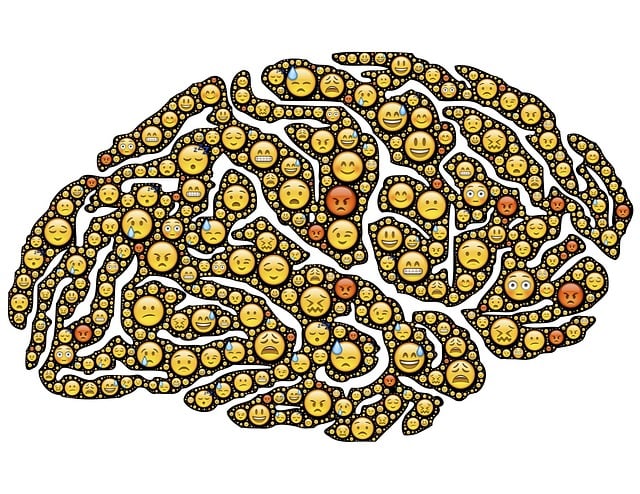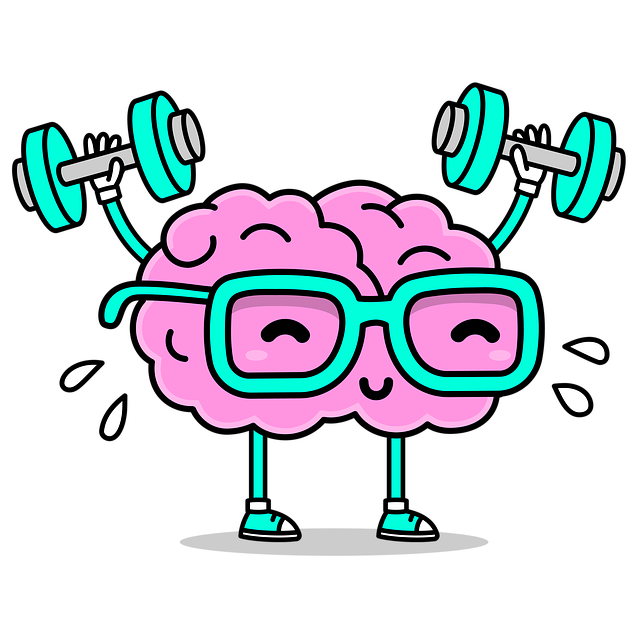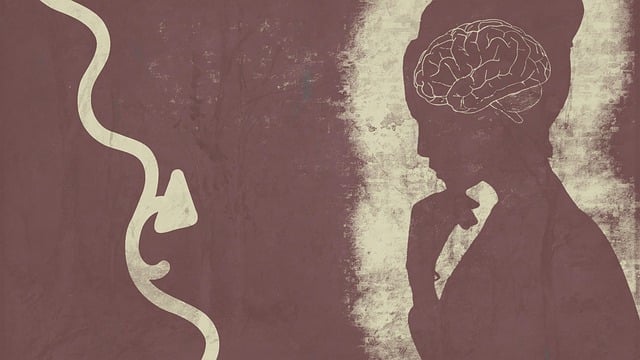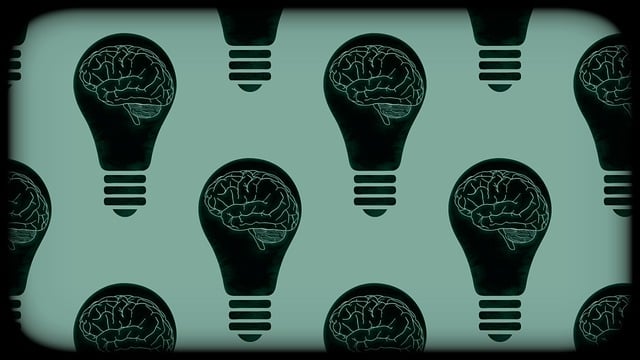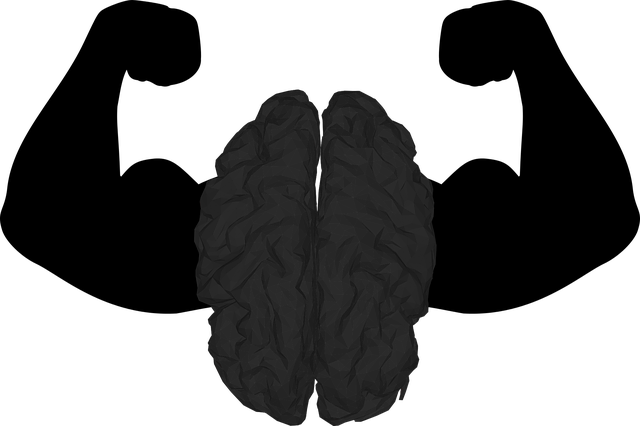Mental illness diagnoses require professional evaluation using criteria from manuals like DSM-5. Superior Dialectical Behavioral Therapy (DBT) combines cognitive-behavioral and mindfulness techniques for emotional regulation, distress tolerance, interpersonal skills, and improved quality of life. DBT is effective for borderline spectrum disorders, offering both short-term symptom relief and long-term resilience through its comprehensive approach to mental health treatment. After diagnosis, adopting self-care strategies and connecting with supportive networks are vital, alongside exploring therapeutic options like DBT and mental health education programs based on its principles.
“Mental illness diagnosis and treatment navigation can be a daunting journey. This comprehensive guide aims to equip individuals with the knowledge and tools needed to understand their conditions better. We explore various aspects of mental health care, focusing on the benefits of Superior Dialectical Behavioral Therapy (DBT) as an effective treatment approach.
From deciphering complex diagnoses to navigating treatment options and building supportive networks, this article offers insights into fostering continuous wellness post-treatment. Embrace a path towards healing and self-discovery.”
- Understanding Mental Illness Diagnoses: A Comprehensive Guide
- The Role of Dialectical Behavioral Therapy (DBT) in Effective Treatment
- Navigating Treatment Options and Finding the Right Support System
- Self-Care Strategies for Continuous Wellness After Diagnosis and Treatment
Understanding Mental Illness Diagnoses: A Comprehensive Guide

Mental illness diagnoses can be complex and overwhelming, but with a comprehensive guide, individuals can gain a better understanding of their condition. It’s essential to remember that mental health disorders are medical conditions just like physical ones, each with its unique set of symptoms and treatments. A thorough diagnosis involves a qualified professional evaluating these symptoms using established criteria from diagnostic manuals such as the DSM-5. This process includes detailed discussions about thoughts, feelings, behaviors, and overall functioning over time.
One effective therapeutic approach for navigating mental illness is Superior Dialectical Behavioral Therapy (DBT), which combines cognitive-behavioral techniques with acceptance-based strategies to foster emotional regulation and inner strength development. By learning mind over matter principles, individuals gain valuable tools to manage distressing emotions and improve their overall quality of life. DBT emphasizes the importance of mindfulness, interpersonal effectiveness, and distress tolerance skills—all crucial elements for maintaining mental wellness and preventing relapse.
The Role of Dialectical Behavioral Therapy (DBT) in Effective Treatment

Dialectical Behavioral Therapy (DBT) stands out as a superior treatment approach for various mental health conditions, particularly those on the borderline spectrum. This evidence-based therapy offers a unique blend of cognitive-behavioral techniques and mindfulness practices, empowering individuals to navigate their emotions and behaviors more effectively. DBT focuses not just on managing symptoms but also on cultivating skills for distress tolerance, emotional regulation, mindfulness, and interpersonal effectiveness.
By integrating these core components, DBT facilitates significant improvements in mood stability, relationship functioning, and overall quality of life. Furthermore, its efficacy is well-documented, especially when adapted for specific populations such as healthcare providers facing burnout prevention strategies or mental health professionals engaged in risk management planning. The resilient nature of DBT allows individuals to build coping mechanisms that promote both short-term relief from distressing symptoms and long-term resilience against future challenges.
Navigating Treatment Options and Finding the Right Support System

Navigating treatment options is a crucial step for anyone receiving a mental illness diagnosis. It involves exploring various therapeutic approaches to find what works best for individual needs. For example, Superior Dialectical Behavioral Therapy (DBT) has gained recognition as an effective treatment for borderline personality disorder and emotional regulation challenges. This form of therapy equips individuals with coping skills to manage intense emotions, improve interpersonal relationships, and enhance overall mental wellness.
Building a robust support system is integral to successful recovery. This includes connecting with understanding friends, family, or support groups who can offer encouragement and accountability. Public awareness campaigns and mental wellness podcast series production have played a significant role in destigmatizing mental health conversations, encouraging people to seek help without hesitation. Coping Skills Development through these resources ensures individuals are equipped to navigate their journey towards improved mental health effectively.
Self-Care Strategies for Continuous Wellness After Diagnosis and Treatment

After receiving a mental illness diagnosis and initiating treatment, the journey towards continuous wellness involves incorporating effective self-care strategies. These practices are essential for maintaining stability and fostering resilience, especially as one navigates life’s challenges. Engaging in regular physical activity, adopting healthy eating habits, and prioritizing quality sleep form the foundation of holistic well-being. Such lifestyle modifications not only support overall health but also enhance coping mechanisms, enabling individuals to better manage stress and emotional distress.
One powerful tool for mental wellness is learning and practicing Dialectical Behavioral Therapy (DBT) techniques. DBT, a highly effective therapy approach, equips individuals with skills in mindfulness, emotion regulation, distress tolerance, and interpersonal effectiveness. By integrating these strategies into daily life, people can build resilience, improve stress management, and enhance their overall ability to navigate life’s ups and downs. Mental health education programs designed around DBT principles offer valuable resources for continuous growth and self-care.
Mental illness diagnosis and treatment can be a complex journey, but with the right navigation assistance, individuals can achieve significant improvements in their mental health. By understanding various diagnostic methods and exploring effective treatment options like Superior Dialectical Behavioral Therapy (DBT), one can find tailored support for their specific needs. Navigating treatment involves building a robust support system that includes professionals, peers, and self-care practices. After diagnosis and treatment, adopting sustainable self-care strategies ensures continuous wellness and helps prevent relapse. With the right tools and mindset, individuals can transform their lives and embrace a brighter, healthier future.
